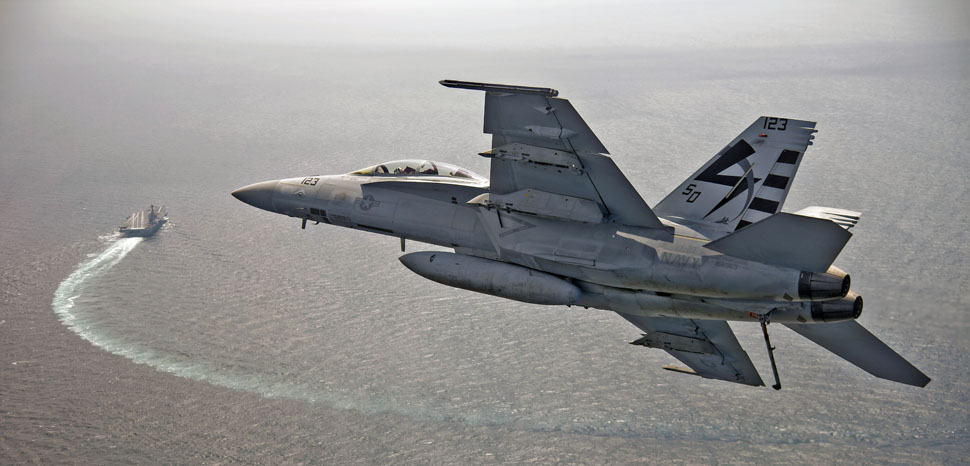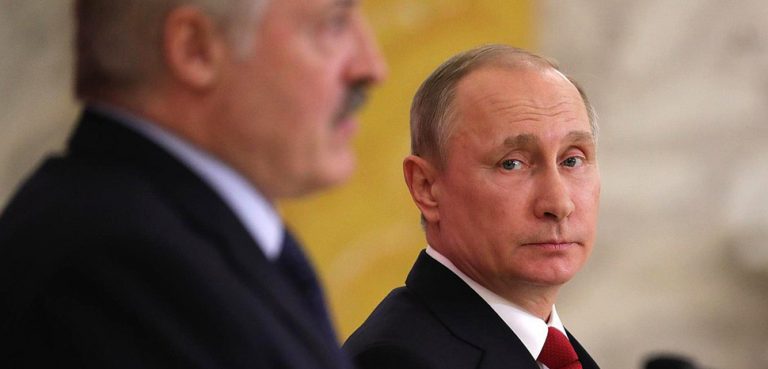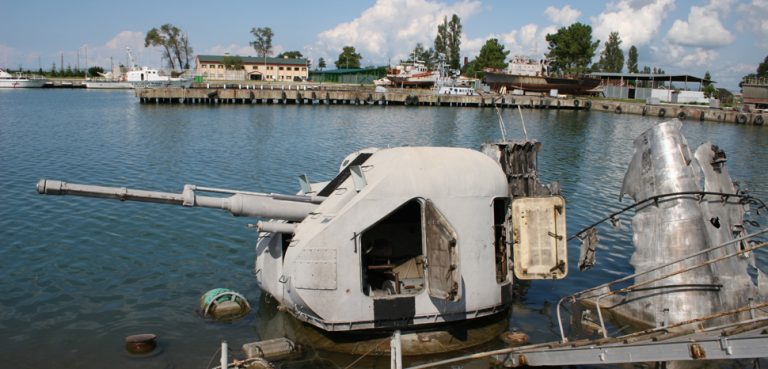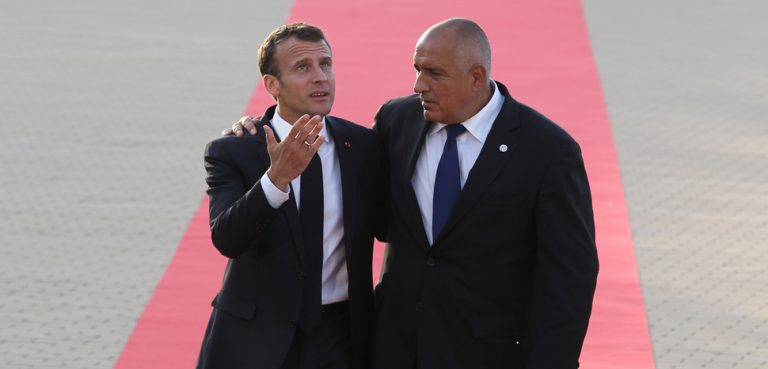Summary
It is often heard in public debate that US power is in decline, meaning that its economic and technological primacy is eroding, that it can no longer project its power at will and that it is losing its role as the international rule-setter. Supporters of this thesis claim that we are moving from a US-centered world order to a multipolar one where the United States will no longer be the global hegemon, and according to them this is happening because of the rise of new powers like China, Russia, India, and others.
While this is true to a certain extent, a fundamental aspect is often ignored: Washington’s own role in unraveling the international order it helped to create.




